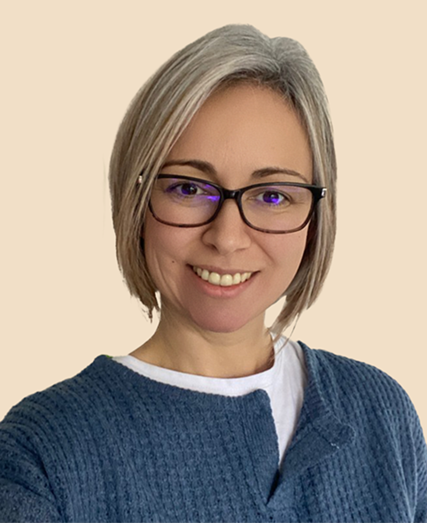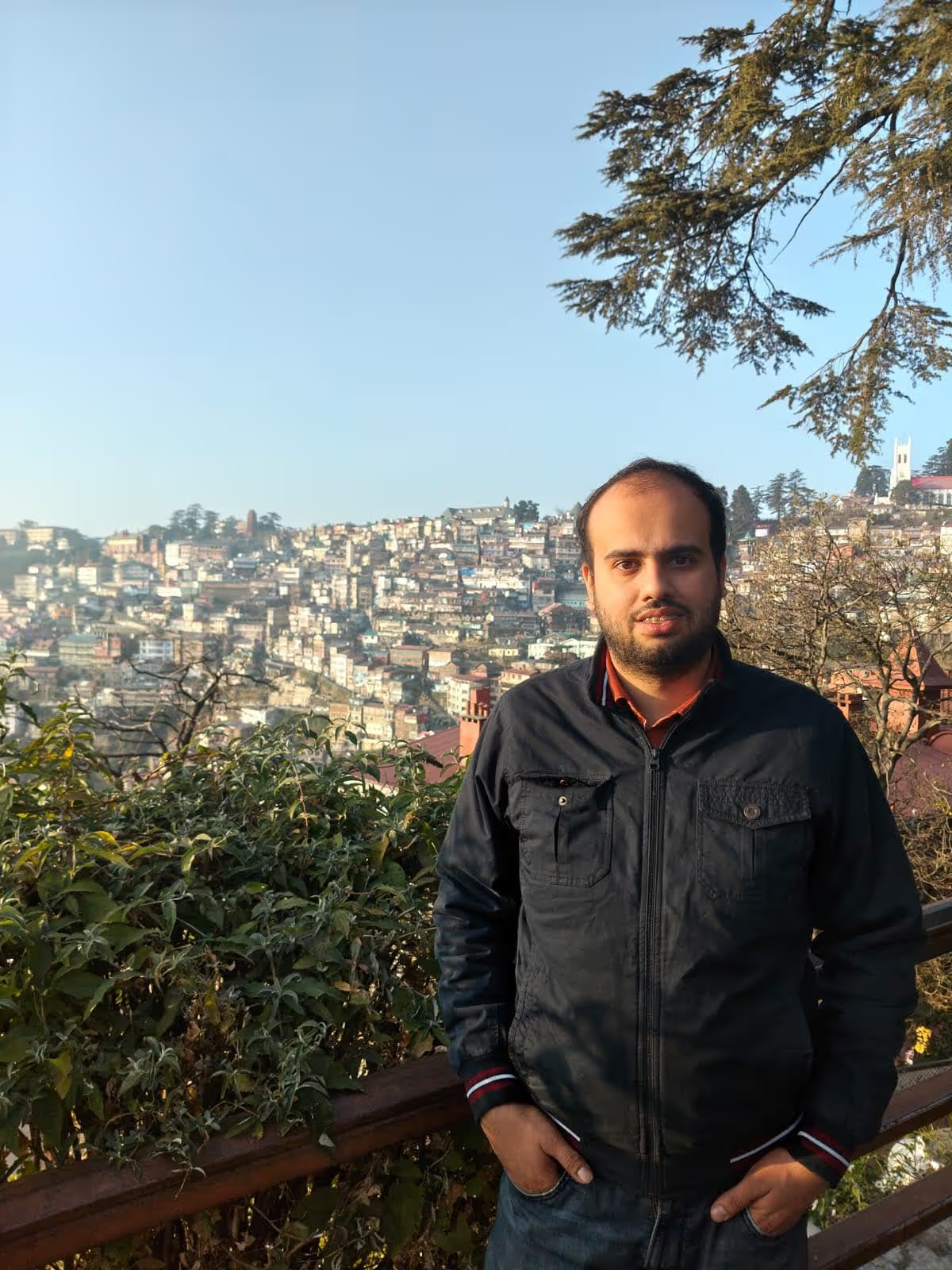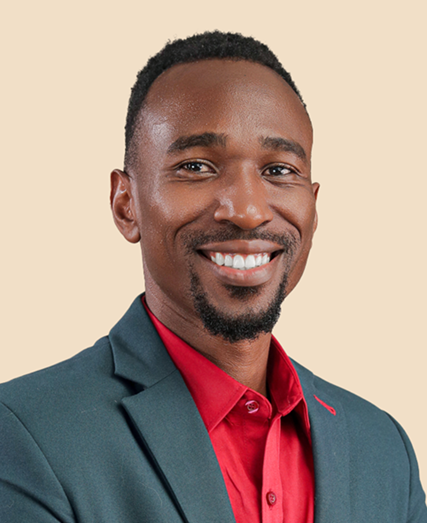About
The course teaches students comprehensive and specialised subjects in philosophy; it develops skills in critical thinking and analysis. By exposing students to both the broad themes of philosophy and specialized topics and key historical figures, students will gain an advanced understanding of the field.
Target Audience
The course is suited for individuals who desire to enhance their knowledge of theology and its various applications used in different fields of employment and provides the needed professional skills for those pursuing career paths related to religion and philosophy. The course also prepares students for engaging with studies at the doctoral level in theology or other related fields. In all cases, the target group should be prepared to pursue substantial academic studies.
Target Group
Ages 19-30, 31-65, 65+
Mode of Attendance
Online
Structure of the programme
Please note that this structure may be subject to change based on faculty expertise and evolving academic best practices. This flexibility ensures we can provide the most up-to-date and effective learning experience for our students. The MA in Philosophy combines asynchronous components (lecture videos, readings, and assignments) and synchronous meetings attended by students and a teacher during a video call. The course is research-focused. Asynchronous components support the schedule of students from diverse work-life situations, and synchronous meetings provide accountability and motivation for students. Students have direct access to their teacher and their peers at all times through the use of direct message and group chat; teachers are also able to initiate voice and video calls with students outside the regularly scheduled synchronous sessions. The degree is composed of multiple core modules in topics and themes, followed by an extensive dissertation project. Full-time students will take all ten core modules and the dissertation course in the span of 50 weeks to one year. In the first semester they will complete the 10 core modules. In the second semester they will take the dissertation course identified throughout the programme, enrolment in courses depends on advertisement from Woolf faculty and staff. Grading System:
Scale: 0-100 points
Components: 60% of the mark derives from the average of the assignments, and 40% of the mark derives from the cumulative examination
Passing requirement: minimum of 60% overall
Dates of Next Intake: rolling admission
Pass rates: 2023 pass rates will be publicised in the next cycle, contingent upon ensuring sufficient student data for anonymization. Identity Malta’s VISA requirement for third country nationals: https://www.identitymalta.com/unit/central-visa-unit/
How students have found success through Woolf
Course Structure
About
This course concerns the theory of knowledge – epistemology in both the analytic and psychological-social sense.
This course will examine the history of justified beliefs from the ancient Athenian context through the middle ages, the European Enlightenment, and up through the postmodern turn and “Post-Truth” in the 20th century. As we examine each historical epoch we will examine how and why beliefs were acquired, held, justified, and rejected. Then we will compare and contrast the different historical epochs vis-a-vis and attempt to make some authoritative claims about the nature of beliefs and truth.
Of particular interest will be the social dynamic within the theory of knowledge from the psychological and sociological perspectives. We will also examine how knowledge is shaped by social actors, campaigns, and institutions who bend or compromise basic epistemological rules in order to create outcomes some of which may be socially damaging.
Teachers
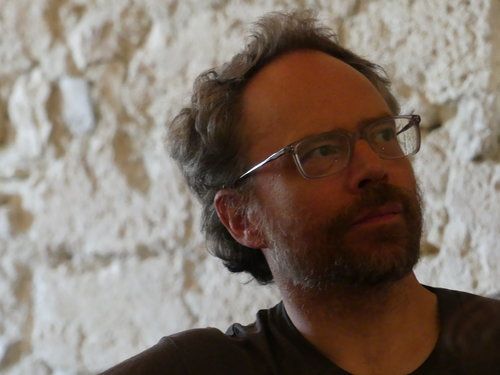
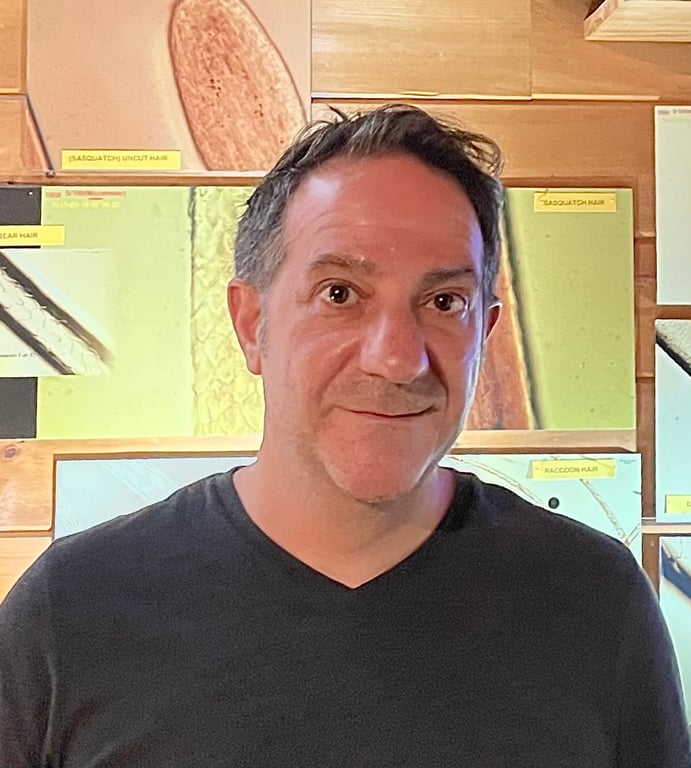
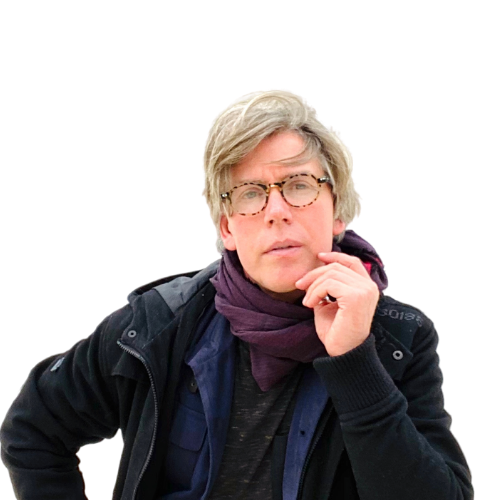
Intended learning outcomes
- Develop a critical knowledge of Epistemology
- Develop a specialised knowledge of key strategies related to Epistemology
- Critically understand the diverse scholarly views on Epistemology
- Autonomously gather material and organise it into a coherent presentation and essay.
- Employ the standard modern conventions for the presentation of scholarly work and scholarly referencing
- Apply an in-depth domain-specific knowledge and understanding to the concepts of Epistemology
- Apply a professional and scholarly approach to research problems pertaining to Epistemology
- Solve problems and be prepared to take leadership decisions related to the methods and principles of Epistemology
- Demonstrate self-direction in research and originality in solutions developed for evaluations of Epistemology.
- Act autonomously in identifying research problems and solutions related to evaluations of Epistemology
- Create synthetic contextualised discussions of key issues related to Epistemology
- Efficiently manage interdisciplinary issues that arise in connection to Epistemology
About
In this course, students will examine the category of Art and how the concept was developed. Specific topics to be covered will include the history of the concept of art in the West and its relationship to the production of art, including economic production in a capitalist context. We will examine arguments about the category of Art as a concept dependent on a specific economic form (e.g. capitalism), reviewing the coincidences in the structures.
Teachers

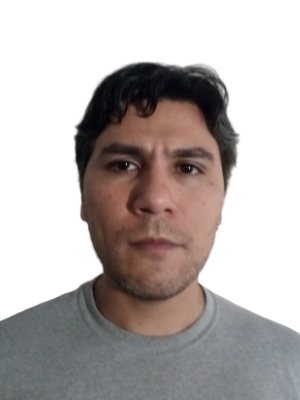

Intended learning outcomes
- Develop critical understanding of how art has historically been influenced by economic modes
- Critically understand the diverse scholarly views on art’s relationship to society
- Develop a specialised knowledge of key strategies related to the category of art in historical context
- Apply an in-depth domain-specific knowledge and understanding to views on art as a capitalist productio
- Autonomously gather material and organise it into a coherent presention or essay.
- Employ the standard modern conventions for the presentation of scholarly work and scholarly referencing
- Solve problems and be prepared to take leadership decisions related to the methods and principles research
- Demonstrate self-direction in research and originality in solutions when engaging art and its relation to capitalism
- Create synthetic contextualised discussions of key issues related to the category of art
- Act autonomously in identifying research problems and solutions when evaluating the category of art
- Efficiently manage interdisciplinary issues that arise in connection to the history of art
- Apply a professional and scholarly approach to research problems pertaining to the category of art
About
This course explores the philosophy of Hegel, with an emphasis on Hegel's key text, the Phenomenology of Spirit. The course begins with a discussion of Hegel's life and times and the political and philosophical context in which he lived, before introducing his overall philosophical vision or system. Students will be introduced to the core text (e.g. the Phenomenology), giving an account of its position in Hegel's philosophical system.
Teachers


Intended learning outcomes
- Critically understand the diverse scholarly views on Hegel’s philosophy
- Develop a specialised knowledge of key strategies related to the analysis Hegel’s philosophy
- Develop a critical knowledge of Hegel’s philosophy
- Employ the standard modern conventions for the presentation of scholarly work and scholarly referencing
- Autonomously gather material and organise it into a coherent presentation or essay
- Apply thorough domain-specific knowledge and understanding when assessing Hegel’s philosophy.
- Create synthetic contextualised discussions of key issues related to Hegel’s philosophy.
- Demonstrate self-direction in research and originality in solutions when engaging Hegel’s philosophy.
- Efficiently manage interdisciplinary issues that arise in connection to Hegel’s philosophy.
- Apply a professional and scholarly approach to research problems pertaining to Hegel’s philosophy.
- Act autonomously in identifying research problems and solutions related to Hegel’s philosophy.
- Solve problems and be prepared to take leadership decisions related to the methods and principles of research.
About
The course will introduce the students to the key concepts and ideas that have given rise to Radical Theology, offering a historical and contextual overview of the various streams in radical theological thought. The course will also address the potentials and possibilities Radical Theology offers to those who are interested in redefining faith and community life in the 21st century.
Teachers


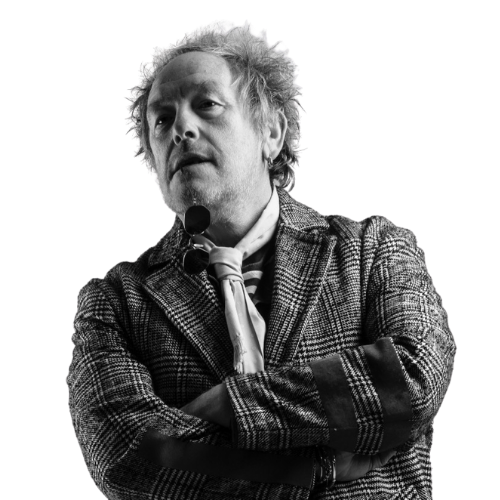
Intended learning outcomes
- Critically understand the diverse scholarly views on Radical Theology.
- Develop a specialised knowledge of key strategies related to the analyses of Radical Theology ideas.
- Develop a critical knowledge of received Radical Theology thought
- Apply an in-depth knowledge and understanding to the analyze radical theological ideas.
- Employ the standard modern conventions for the presentation of scholarly work and scholarly referencing
- Autonomously gather material and organise it into a coherent presentation or essay.
- Apply a professional and scholarly approach to research problems pertaining to Radical Theology.
- Efficiently manage interdisciplinary issues that arise in connection to key concepts and ideas of Radical Theology.
- Create synthetic contextualised discussions of key issues related to historical view of Radial Theology.
- Demonstrate self-direction in research and originality in solutions when assessing the various streams of radical theological ideas.
- Act autonomously in identifying research problems and solutions related to at least one view of Radical Theology.
- Solve problems and be prepared to take leadership decisions related to the methods and principles of research.
About
The course will introduce the student to the key concepts and ideas within the academic subject, “Philosophical Theology” broadly construed. The field of philosophical theology emerged in the wake of a dispute between the relationship between reason and faith relative to truth claims about the world and other transcendent phenomena. This course will unfold in the following three phases:
Part 1
Part 2
Part 3
Teachers



Intended learning outcomes
- Critically understand the diverse scholarly views on Philosophical Theology.
- Develop a specialised knowledge of key strategies related to the analysis of Philosophical Theology.
- Develop a critical knowledge of received Philosophical Theology views.
- Employ the standard modern conventions for the presentation of scholarly work and scholarly referencing
- Apply an in-depth domain-specific knowledge and understanding to evaluation of Philosophical Theology.
- Autonomously gather material and organise it into a coherent presentation or essay.
- Demonstrate self-direction in research and originality in solutions when engaging the phases pf Philosophical Theology.
- Efficiently manage interdisciplinary issues that arise in connection to each of the phases of philosophical theology.
- Act autonomously in identifying research problems and solutions related to at least one Philosophical Theology phase.
- Apply a professional and scholarly approach to research the philosophical problems pertaining to theology.
- Solve problems and be prepared to take leadership decisions related to the methods and principles of research.
- Create contextualised discussions of key philosophical issues relative to theology within different historical periods.
About
This advanced graduate-level course in Philosophy addresses a unique topic on a rotating basis in order to keep the programme at the forefront of scholarly research. Every year the academic staff member will approve of a new topic to be covered. The bibliography will contain not less than 8 peer-reviewed articles or scholarly publications reflecting the current topic.
Current Topic:
Structuralism and phenomenology are the two great competing philosophical movements of the twentieth century starting with Saussure and Husserl. Both begin with different assumptions: one takes the givens of immediate experience; the other casts it aside in favor of the hidden structures of thought. One begins with thinking as consciousness; the other with thought as language. A few phenomenologists have tried to bridge the difference. Some like Sartre have stuck to their principles. One of the most problematic consequences of structuralism is how to explain the emergence of the subject. The most problematic consequence of phenomenology is how to explain the existence of other people.
By the end of this course, researchers will be expected to be able to understand the difference between these two movements and their continued influence on philosophy today. The old dualism between subject and object has morphed into one between thought and language. Can thought be the property of a subject? Or must thought be described as belonging to language itself? The whole problem of the individual and the collective is at stake. Even politics is involved. If we cannot bridge this gap, how can we explain collective action? And if there is no individual who thinks, what becomes of human agency? These are a few of the questions this course will address.
Teachers



Intended learning outcomes
- Develop a critical knowledge of received philosophical theories or movements.
- Develop a specialised knowledge of key strategies related to the analysis of philosophical movements or theories
- Critically understand the diverse scholarly views on philosophical movements or theories.
- Apply an in-depth domain-specific knowledge and understanding to evaluation of philosophical movements or theories
- Employ the standard modern conventions for the presentation of scholarly work and scholarly referencing
- Autonomously gather material and organise it into a coherent presentation or essay
- Create contextualised discussions of key philosophical issues relative to various ideas or movements.
- Solve problems and be prepared to take leadership decisions related to the methods and principles of research.
- Efficiently manage interdisciplinary issues that arise in connection to philosophical movements or theories.
- Act autonomously in identifying research problems and solutions related to at least one philosophical theory or movement.
- Demonstrate self-direction in research and originality in solutions when engaging different philosophical theories or movements
- Apply a professional and scholarly approach to research problems pertaining to Philosophy.
About
This advanced graduate-level course in Philosophy addresses a unique philosophical figure on a rotating basis in order to keep the programme at the forefront of scholarly research and to reflect the faculty’s research expertise. Every year the academic staff member in charge of the course will approve of a new philosopher to be examined. The bibliography will contain not less than 8 peer-reviewed articles or scholarly publications reflecting the current topic.
This is an advanced course in which students will engage with the ideas of the French philosopher Gilles Deleuze. His philosophy of immanence will be carefully analyzed such as his notion of the supposed power of the soul to control and to organize bodies. As explained, to make oneself a “body without organs,” in Deleuze’s terms, is to replace the faculty of judgment with an immanent method of comparing powers.
Teachers
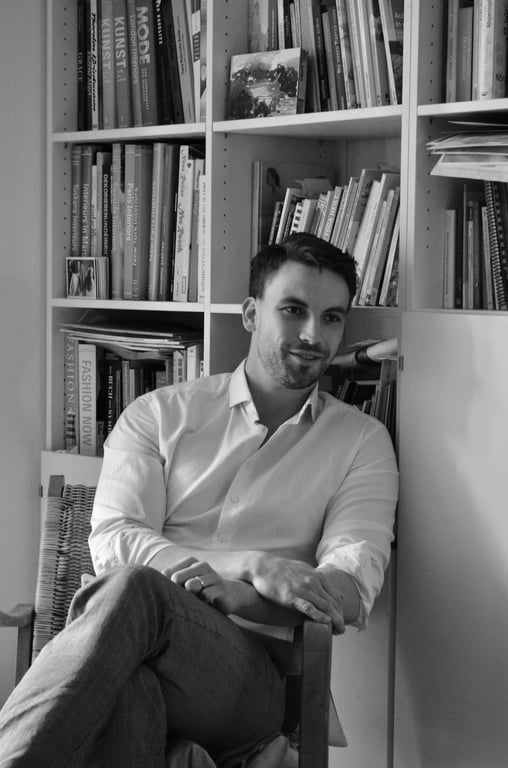



Intended learning outcomes
- Critically understand the diverse scholarly views on various philosophical theories.
- Develop a critical knowledge of the theories and ideas of philosophical figures.
- Develop a specialised knowledge of key strategies related to philosophical theories.
- Apply an in-depth domain-specific knowledge and understanding to evaluate different views on philosophical theories.
- Employ the standard modern conventions for the presentation of scholarly work and scholarly referencing.
- Autonomously gather material and organise it into a coherent presentation or essay.
- Create contextualised discussions of key issues relative to the ideas and life of a unique philosophical figure.
- Demonstrate self-direction in research and originality in solutions developed for analyzing the ideas and life of a unique philosophical figure.
- Solve problems and be prepared to take leadership decisions related to the methods and principles research.
- Efficiently manage interdisciplinary issues that arise in connection to the ideas and life of a unique philosophical figure.
- Apply a professional and scholarly approach to research problems pertaining to the ideas and life of a unique philosophical figures.
- Act autonomously in identifying research problems and solutions related to the ideas of a unique philosophical figure.
About
This course covers advanced philosophical paradigms, leading students through the key ideas and advanced texts associated with them, covering topics such as Critical Theory, Semiology and Semiotics, Hermeneutics, Psychoanalysis and Deconstruction, Automation, Artificial Intelligence, and Algorithmic Design.
For each paradigm, students will examine the theoretical presuppositions at work and consider several prominent exemplars of the approach. The focus throughout is on how these various critical approaches are applied to textual, cultural, and historical materials in contemporary scholarship - and how they may be combined with one another in mutually illuminating ways.
Teachers




Intended learning outcomes
- Critically understand the diverse scholarly views on critical paradigms.
- Develop a critical knowledge of received philosophical paradigms
- Develop a specialised knowledge of key strategies related to the analysis of philosophical paradigms.
- Employ the standard modern conventions for the presentation of scholarly work and scholarly referencing.
- Apply an in-depth domain-specific knowledge and understanding to evaluation of critical paradigms.
- Autonomously gather material and organise it into a coherent presentation or essay.
- Apply a professional and scholarly approach to research the philosophical problems.
- Demonstrate self-direction in research and originality in solutions when engaging the philosophical paradigms.
- Manage interdisciplinary issues that arise in connection to each philosophical paradigm
- Create synthetic contextualised discussions of key issues related to each critical paradigm.
- Solve problems and be prepared to take independent decisions related to the methods and principles of research
- Act autonomously in identifying research problems and solutions related to at least one philosophical paradigm in the course.
About
The genealogical method in philosophy, in the version studied in this course, was created by Nietzsche, developed by Foucault, and is implied in the works of Deleuze and Guattari. It consists of a history of ideas, not focused on original intent, but on the problems and questions that make ideas possible.
Key to this notion of genealogy is the idea of “episteme,” each era has a limit of what is thinkable. Certain elements from a previous era will carry over to the next, but with a different significance. By using the genealogical method, philosophers can detect these shifts in meaning, thereby creating a way to think beyond the present-day limits of thought to presage the emergence of a future set of problems and questions.
In short, it is a way of thinking beyond our times by reactivating the problems and questions of the past. Its critical force consists in the fact that concepts are not a matter of personal intent. It is not enough to argue about the significance of words and things in order to create a present-day consensus. Genealogy is about discovering the meaning of concepts we created out of nothing. Every concept has a history. Tracing the lineage of an idea offers us an alternative to the Anglo-American method of logical analysis. It is not a matter, for the genealogist, what is true. It is a matter of what can become true if we reactivate the concepts from the history of philosophy.
Required Texts: (Some materials will be provided via PDF, however others will not be for which the student is responsible for procuring)
Deleuze, Gilles. Nietzsche and Philosophy. Columbia University Press, 1983.
Deleuze, Gilles. Foucault. University of Minnesota Press, 1988
Foucault, Michel. Language, Counter-Memory, Practice. Cornell University Press, 1977.
Foucault, Michel. Confessions of the Flesh: The History of Sexuality, Volume 4. Knopf Doubleday, 2021.
Nietzsche, Fredrich. On the Genealogy of Morality and Other Writings. Cambridge University Press, 2017.
Deleuze, Gilles. Seminars, Foucault, October 1985 - June 1986
Teachers

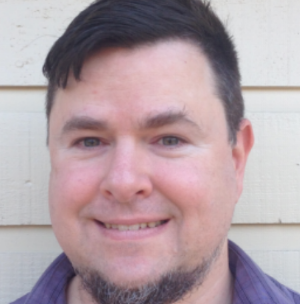

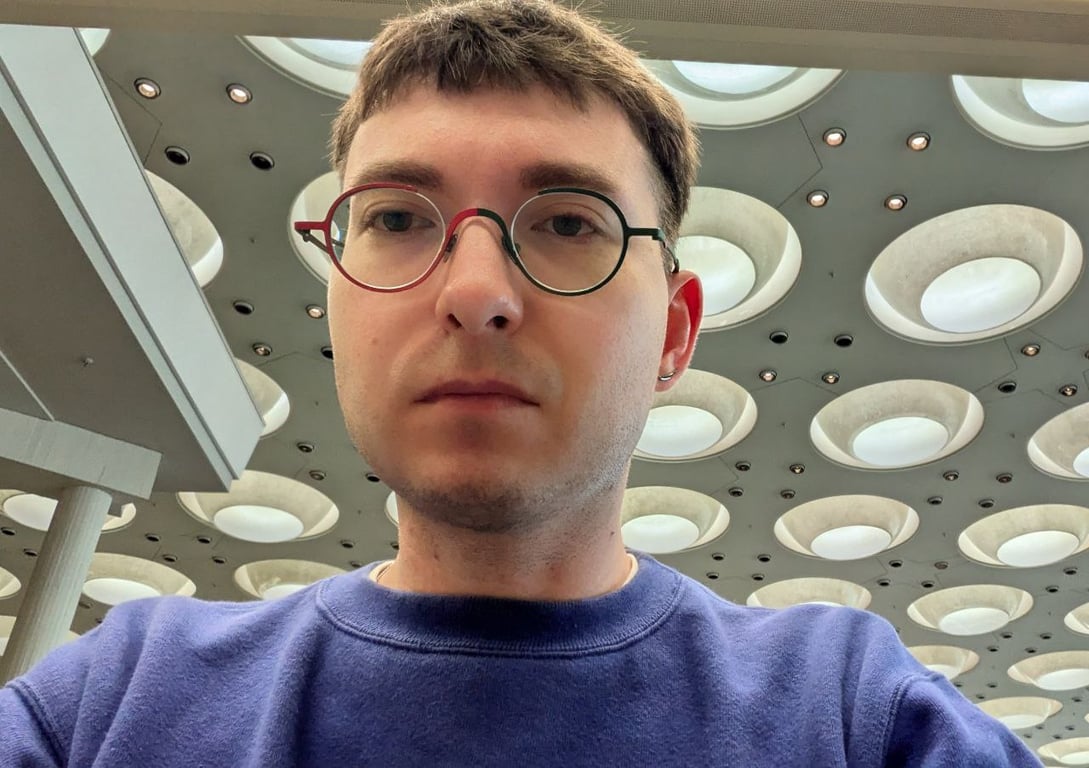
Intended learning outcomes
- Critically understand the diverse scholarly views on the genealogical method in philosophy.
- Develop a specialised knowledge of key strategies related to the genealogical method in philosophy.
- Develop a critical knowledge of the genealogical method in philosophy.
- Autonomously gather material and organise it into a coherent presentation or essay.
- Apply an in-depth domain-specific knowledge and understanding to evaluations of the genealogical method in philosophy.
- Employ the standard modern conventions for the presentation of scholarly work and scholarly referencing.
- Demonstrate self-direction in research and originality in solutions developed for the genealogical method in philosophy.
- Solve problems and be prepared to take leadership decisions related to the methods and principles of research.
- Efficiently manage interdisciplinary issues that arise in connection to the genealogical method in philosophy.
- Act autonomously in identifying research problems and solutions related to the genealogical method in philosophy.
- Apply a professional and scholarly approach to research problems pertaining to the genealogical method in philosophy
- Create synthetic contextualised discussions of key issues related to the genealogical method in philosophy.
About
This course explores the unconscious act by examining theories of repetition put forth by psychoanalysts and philosophers over time. To understand the mechanisms at work, we first review Freud’s writings on the unconscious, as well as his theories of remembering, repeating, and working through unconscious material. We survey philosophers who came before him who arguably influenced his thinking, including Nietzsche and Schopenhauer.
Students then will examine theories of the unconscious and repetition in Lacan and Deleuze, and expound upon them via philosophers of the Ljubljana school. We discuss the act in theater and film and the ways in which unconscious dynamics are mirrored and re-enacted therein. We conclude by reviewing modern writings on the unconscious in the digital age, bringing psychoanalytic philosophy to the present day as we look at the ways in which psychoanalytic thinking may help us understand our current culture, as well as conversely how the digital age allows for a better understanding of psychoanalytic theory and practice.
Teachers



Intended learning outcomes
- Develop a critical knowledge of received psychoanalytic ideas.
- Develop a specialised knowledge of key strategies related to the analysis of psychoanalytic philosophy ideas.
- Critically understand the diverse scholarly views on psychoanalytic philosophy.
- Autonomously gather material and organise it into a coherent presentation or essay.
- Apply an in-depth domain-specific knowledge and understanding to evaluation of psychoanalytic philosophy thinking.
- Employ the standard modern conventions for the presentation of scholarly work and scholarly referencing
- Efficiently manage interdisciplinary issues that arise in connection to psychoanalytic philosophy theories.
- Create synthetic contextualised discussions of key issues related to theories of psychoanalytic philosophy
- Demonstrate self-direction in research and originality in solutions developed for psychoanalytic philosophy
- Solve problems and be prepared to take leadership decisions related to the methods and principles of research.
- Act autonomously in identifying research problems and solutions related to at least one psychoanalytic thinking.
- Apply a professional and scholarly approach to research problems pertaining to various psychoanalytic philosophy theories.
About
Independent study can play a vital role in a student’s education. Independent study allows the student to explore a topic of interest under the close supervision of a faculty member who has agreed to direct the student’s work. The module may include directed readings, applied work, assisting the faculty member with a research project, carrying out an independent research project, or other activities deemed appropriate by the supervising faculty member and academic board. Regardless of the nature of the experience, the work must culminate in a formal paper.
Teachers



Intended learning outcomes
- Critical knowledge of received theological ideas.
- Diverse scholarly views on theology.
- Specialised knowledge of key strategies related to the analysis of theological ideas.
- Autonomously gather material and organise it into a coherent presentation or essay.
- Employ the standard modern conventions for the presentation of scholarly work and scholarly referencing
- Apply an in-depth domain-specific knowledge and understanding to the evaluation of theology
- Remediate deficient areas of knowledge, behaviour, or skills.
- Develop or enhance skills in project identification, development, and management, implementation, evaluation, communication, and/or dissemination.
- Develop or enhance skills in analysing, synthesising, and integrating theological information or experiences.
- Expand current knowledge in a specific area of interest related to theology.
About
The Philosophy Dissertation contains both a research planning phase, ‘The Research Plan’, and a research execution phase ‘The Dissertation’.
The Research Plan
The Research Plan for the Philosophy Dissertation prepares students to embark upon a substantial, sustained, unified piece of research at the MQF 7 level. The module is taught by the proposed dissertation supervisor as a form of preparation specific to the dissertation and the requirements of its subject matter.
This module is not a general introduction to research or research methodologies, but a practical preparation for students embarking upon the dissertation for the MA in Philosophy. Although these skills are highly transferable to other research domains, it remains the case that the purpose of the module is scoped to the needs of the specific dissertation for which it prepares the student.
This module marks the end of the taught portion of the degree and the transition to the research portion. It is expected that the topic of research, which is refined during the planning phase, will have arisen out of one of the taught modules’ essays.
The planning phase provides a highly structured plan for embarking upon independent research in the subsequent dissertation and more broadly at the MQF 7 level.
In order to provide context for the submission of the ‘Research Plan’ (which is the purpose of this phase of the module), the student will gain a proficient knowledge of relevant research methods and planning. Thus in connection with the core learning outcomes resulting from the research plan, the student will additionally gain a proficient understanding of the wider context of research methods and evaluate the fittingness of the chosen method.
In this phase a student must:
The dissertation supervisor finally prepares the student for external examination of the proposed dissertation.
At the end of the Research Plan is submitted as a portfolio containing six elements:
The Research Plan provides students with a clear framework to guide their research question, a structure into which they can fit their scholarly research, and a pathway to the completion of the dissertation. During the module, students meet with their supervisor twice per month.
The student’s attention is directed to the literature on the topic of the proposed dissertation, and thus methodological research guidance, beyond the oral instruction of the student’s supervisor, will be provided within the domain of study specific to the student’s dissertation. This will vary considerably, depending upon the topic of the dissertation, and it forms a natural component of the literature survey. (Thus it is neither appropriate nor possible to list here the bibliographic references that will be needed by the student. We have, however, provided valuable works of general research guidance and reference, and works to aid the student in evaluating the best research method for the dissertation.)
Dissertation writing
Upon completion and approval of the ‘Research Plan’, students will have a well-defined research topic, a clear structure to organise their proposed research, a firm grasp of the relevant literature, and a practical timeline in which to conduct their research.
In the dissertation module, the aims of the methodology module are fulfilled and a 20,000-word dissertation is written. The dissertation will constitute a substantial, original, independent piece of research, which is clearly articulated in relation to the primary evidence and secondary literature, and which is organised in relation to the plan first envisaged in the methodology module.
Regular supervision meetings keep the student on course with the timeline agreed in the methodology module. Supervisory meetings concentrate on a pre-submitted piece of research in a pattern that continues until the first draft of the dissertation is complete.
Although students may request twice-weekly meetings during the first 2 weeks of the dissertation, it is expected (and students typically prefer) not to meet more than twice per month thereafter. This allows the students time to develop their independent research and writing.
After the completion of the first draft, meetings focus on the harmonisation of the parts, adjustments to the overall argument, and the supervisor seeks to ensure that the student guides the dissertation with a single, coherent line of enquiry.
Dissertations are often shortened down to 20,000 words at this stage in order to focus the argument. The final meetings with the student focus on polishing the editorial aspects of the dissertation, and helping the student prepare for the examination.
Teachers



Intended learning outcomes
- Attain a comprehensive overview of the most important primary and secondary literature in the field of enquiry
- Possess expert knowledge at an MQF 7 level of the topic addressed in the dissertation
- Become familiar with different types of textual and non-textual evidence used for the field of enquiry
- Understand key theoretical, methodological, or historiographical debates for the field of enquiry
- Summarise a wide-ranging body of information from multiple sources
- Apply historical and critical approaches to the interpretation of primary and secondary sources
- Deliver a dissertation in a structured, well-scoped, and orderly way
- Understand standard modern conventions concerning the presentation of scholarly work and scholarly referencing
- Display the competence to manage complex, sustained research on a problem in Mediterranean and European studies, and develop new interpretive strategies
- Demonstrate practical skills in gathering information from a variety of primary and secondary sources and in applying it to specific philosophical questions
- Grasp the theoretical issues that affect the proposed field of enquiry and the relative strengths and weaknesses of alternative approaches in the secondary literature
- Demonstrate the capacity for independent responsibility for a programme of research that contributes to professional knowledge
Entry Requirements
Application Process
Submit initial Application
Complete the online application form with your personal information
Documentation Review
Submit required transcripts, certificates, and supporting documents
Assessment
Note: Not required by all colleges.
For colleges that include this step, your application will be evaluated against specific program requirements.
Interview
Note: Not all colleges require an interview.
Some colleges may invite selected candidates for an interview as part of their admissions process.
Decision
Receive an admission decision
Enrollment
Complete registration and prepare to begin your studies
.avif)







